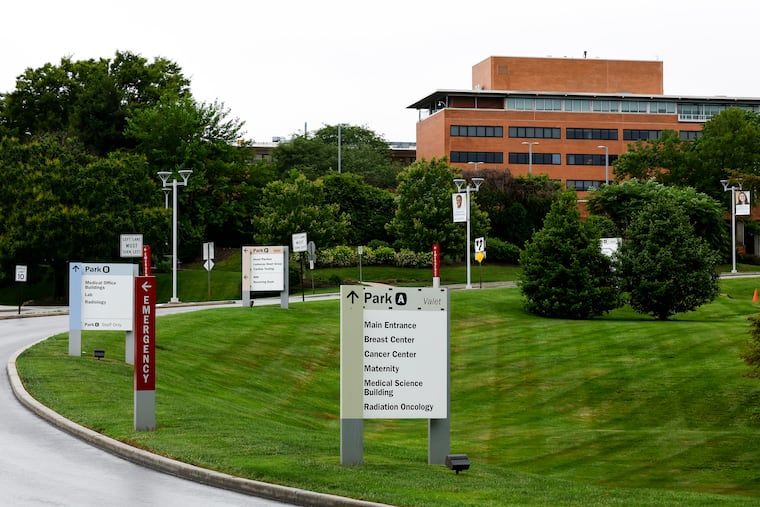Trump advances policies that critics describe as steps toward a police state in America.
On January 6, 2021, Washington, D.C. witnessed unprecedented chaos as a violent mob breached the U.S. Capitol in an attempt to overturn the presidential election results. This act of insurrection was notably described by former President Donald Trump as an outright infestation of “violent gangs and bloodthirsty criminals.” As the chaos unfolded, Trump reportedly watched from a secure location, disconnected from the gravity of the situation, as rioters vandalized property, assaulted law enforcement officials, and sought out then-Vice President Mike Pence with intentions of harm.
More than 1,250 participants of this mob have since faced legal consequences, either through convictions or guilty pleas. However, mere months after these events unfolded, Trump made headlines again by issuing pardons to those involved, raising eyebrows regarding his commitment to law enforcement and justice.
Shortly thereafter, asserting a controversial stance on crime in the nation’s capital, Trump took drastic measures by deploying National Guard troops to Washington, D.C., and took charge of the police department. While this response aimed to tackle an imagined crime wave, it has led many to question the efficacy and motive behind such actions, especially in light of the fact that overall crime rates in Washington have hit a 30-year low.
This mischaracterization of the state of crime may stem from Trump’s continual reliance on sensationalist narratives, as evidenced by his language which has often underscored racial stereotypes. In the wake of ongoing violence and fear, the former president argues that these severe measures are necessary. Yet, many critics contend that this authoritarian grip over law enforcement is merely a tool for diversion, shifting attention away from substantial issues such as the economic ramifications of his own policies, including tariffs that have strained the labor market.
In recent developments, federal agents from various agencies, including the FBI and the DEA, have descended on the capital as part of this federal initiative under Trump’s leadership. Critics argue that these maneuvers are yet another extension of executive overreach, aimed at solidifying an image of strength rather than addressing the foundations of crime, which often relate to socioeconomic disparities.
Simultaneously, Trump’s administration faces increased scrutiny over its handling of broader societal issues and an inflexible political landscape, where dissenters and those seeking accountability are met with contempt. The narrative that has emerged from Trump’s approach raises questions about the long-term implications for democracy and governance in the United States.
As Trump considers further actions, such as forming rapid-response units to quell unrest nationwide, it remains to be seen whether these strategies will effectively address the complexities of crime or simply serve to fortify a narrative centered around fear and control. Analysts suggest that the true challenges lie not in militarized responses, but in comprehensive strategies addressing the deep-rooted inequalities and systemic issues plaguing American society today.
For the latest updates on this ongoing situation and its repercussions, follow Media News Source.







